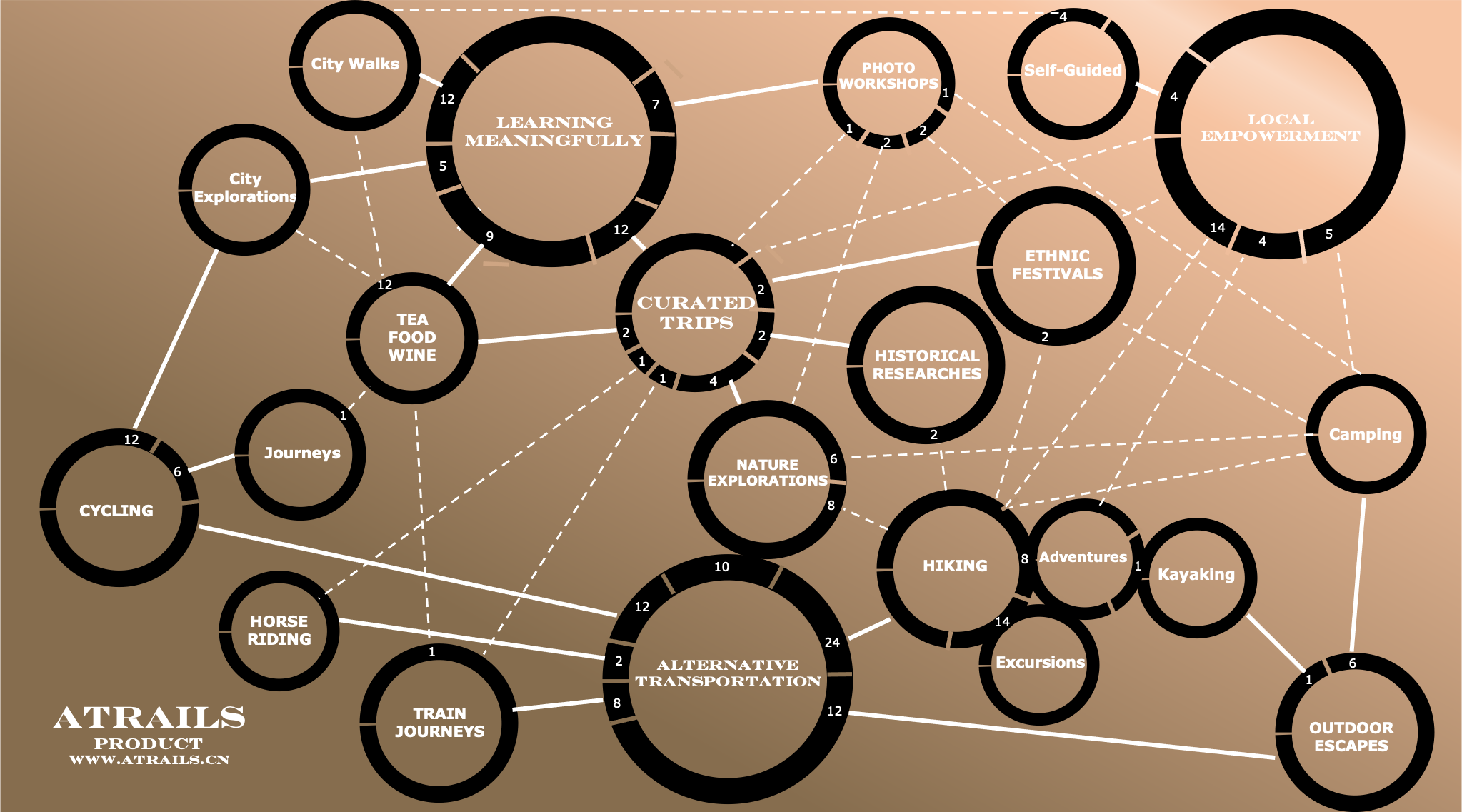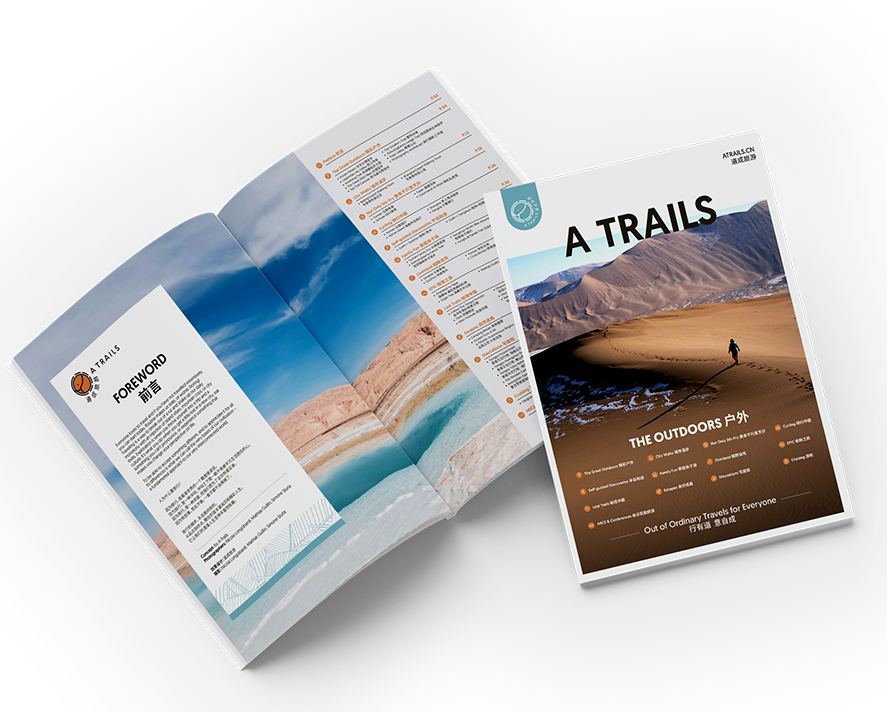
Ecotourism has become a buzzword in 2020 travel trends as travelers look to choose alternatives that have positive, sustainable outcomes.
Tourism, like most tools, can be used for good or evil and as more people travel around the world we are asking ourselves, “What does it mean to be traveler who leaves positive changes and impressions behind us?” These changes are not just about leaving a cleaner, greener environment. They also mean living in a place with a richer cultural environment.
If tourism is rightly managed it can be win/win. Rather than being a one way street where travelers move in an environment for a few short days, take selfies, and leave the environment the same or worse than before their arrival, ecotourism aims to help both the traveler and the local community in a long term sense.
The value of ecotourism is that travelers are invited into an authentic culture that is unique from any other place they have been. It is not some foreign idea that happens in a vacuum or something that is imported or forced. The best ecotourism experiences are those that are authentic and feel like it is allowing the travelers a window in the soul and spirit of a community.
Ecotourism is now defined by the International Ecotourism Society as “responsible travel to natural areas that conserves the environment, sustains the well-being of the local people, and involves interpretation and education”
Which, translating, means:
Bring direct benefit to local people and communities
So when you travel try to make sure as much as your money and time is going to locally owned and operated small businesses that hire local guides, use local drivers, and locally owned boutique hotels and home stays.
It should go beyond “doing no harm”- it should contribute actively to conservation outcomes
Sustainable travel has become a popular idea in 2020. Although this is a good thing, the word “sustainable” suggests that we leave a place roughly in the same condition as we found it. If we find a lake with no trash, we should take away the trash we packed in. While this is a start, cleaning up trash is not enough to actively promote conservation of the land. There are helpful trends in travel where travelers are not using using plastic bottles, plastic straws, or plastic bags to reduce trash and pollution. While these efforts are a great start, there is more to it, and specifically the following point.
Include Education
Education should both be outward (to travelers) and inward (to the community who walks in and inhabits the natural resource). Education should both increase capacity and awareness and environmental awareness. This is where development really happens.
When we talk about ecotourism the focus is often on conserving the environment. That is what the “Eco” part of ecotourism comes from. That is certainly one of the outcomes we want to see but it is really only 30% of the equation. Communities should always be the focus of ecotourism. These are the men and women and families who live on the front lines and it is they who should benefit in long term and then be responsible for conserving the land they live on. This means that ecotourism does not just affect a few guides who have some investment in protecting natural resources. It means that entire communities and villages are getting educated and buying into the process.
Strengthening partnerships
Successful ecotourism (and any community development project) is one that is organized, lead, managed, and executed by the local people. To do this, it means gathering people in local communities and letting them network and work out their own systems in a way that is cultural meaningful to them, even it it is out the box of our western ideas. Locals should be empowered to make decisions and manage their own partnerships.
We undertake a journey into sustainability and are recognized as the only tour operator operating in China by Travelife.
When we design a journey, choose a supplier or a partner, we keep in mind our guidelines: the concept of sustainability and the responsibilities that come with it has always been on the forefront of our operations.

ATRAILS is committed to improving the conditions of communities we encounter on our journeys whilst safeguarding and protecting nature and wildlife.
we pride ourselves on practices that encourage:
- Conscientious, low-impact visitor behavior
- Sensitivity towards, and appreciation of, local cultures and biodiversity
- Support for local conservation efforts
- Sustainable benefits to local communities
- Educational components for the traveler
At ATRAILS we started from 3 sustainable key-concepts, to develop a wide web of travel experiences. According to Travelife guidelines, whenever an itinerary satisfies three principles, it may be referred to as “sustainable”. So far (1st quarter 2022) we developed 36 sustainable itineraries and 46 excursions (and counting).
We noted that even if not all our production qualifies, nonetheless the input allowed us to develop a new approach, inspiring us toward a more sensible and responsible approach, resulting in a production widely interconnected, and interwoven with discerning principles.
You may browse part of the result in our MAG, to download click “here”


